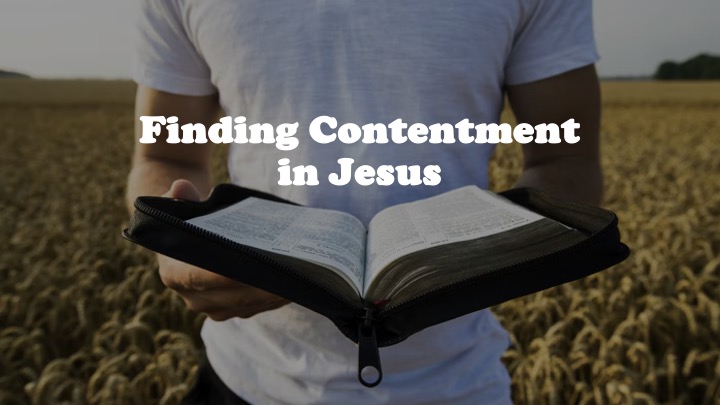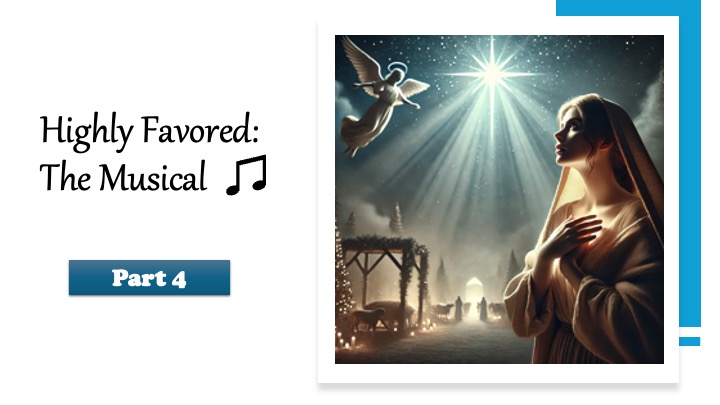The twelve minor prophets of the Old Testament were active from the 8th to the 5th century BC, addressing both the northern kingdom of Israel and the southern kingdom of Judah. Their writings were gathered and recognized as scripture gradually.
Each of these prophets claimed to convey messages from God, which is a primary criterion for the inclusion of texts in the biblical canon. Their messages often contained both forewarnings about impending judgments due to social injustices and idolatry, as well as promises of restoration and future hope.
The minor prophets use vivid imagery and poetic language to convey their messages, making their prophecies not only warnings but also powerful visions of hope and future restoration. The creative and vivid expressions found in these books inspire believers to envision a better world and use their creativity to communicate and enact God's truth in engaging ways.
Despite often grim messages, the minor prophets conclude with a note of hope, promising restoration, divine presence, and blessing for those who return to God. This enduring hope underscores the biblical message that God's love and purpose ultimately triumph over adversity. It is buoyed by this hope that we can face the challenges and crises of modern life.

Psalm 131, a brief yet profound composition by David in the Songs of Ascents (Psalms 120-134), offers a lesson in humility and contentment. David's...

In Highly Favored: Part 4, Joachim and Anne embark on a journey to the hill country with their young daughter, Mary, for the wedding...

In Hebrews 1:1-2, the author of the epistle writes that “long ago, at many times and in many ways, God spoke to our fathers...